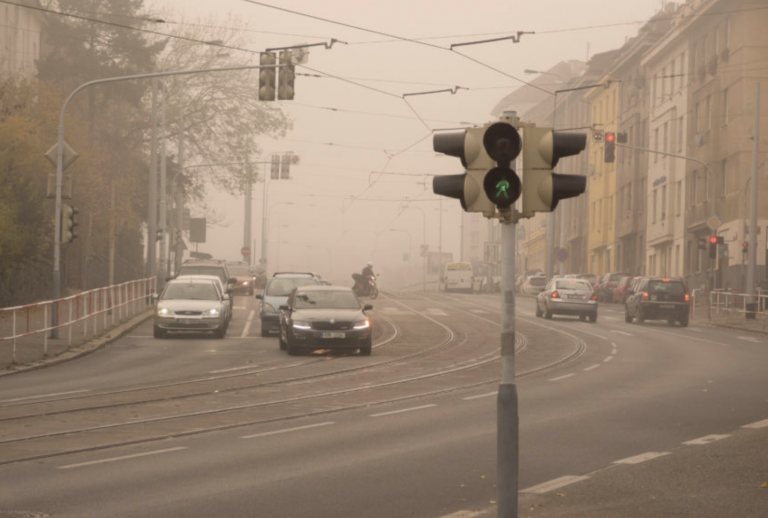Published on June 22, 2020

Kristi Straus, a lecturer in the University of Washington’s College of Environmental Studies program, said reduced traffic and work commutes have likely lowered nitrogen dioxide pollution and improved people’s quality of life during the COVID-19 pandemic.
“Certainly commuting is a big way we spend our time and burn fossil fuels,” she said. “The reduced traffic has not only improved carbon emissions but also quality of life. I don’t know anyone who values their time spent in traffic.”
But research from the same studies showing possible positive benefits from COVID-19 repercussions posit that a “rebound” effect might be coming. The National Oceanic and Atmospheric Administration reports that reducing greenhouse gas emissions for the short period of time “is not a sustainable way to clean up our environment.”
A group of graduate students at the University of Washington, including Bujin Bekbulat, have been studying how the state’s “Stay Home, Stay Healthy” order affected air quality in the state.
The study focused on fine particulate matter, or air pollutant PM 2.5, as well as ozone concentrations. Bekbulat’s data included observations from four stations in Yakima County, and the results followed the state’s trends.
For the first four weeks of April, the air was dirtier than expected but cleaned up in May, but then quality dove again in June when the stay home order was lifted, Bekbulat said.
Continue reading at the Yakima Herald.
Originally written by Lex Talamo for the Yakima Herald.